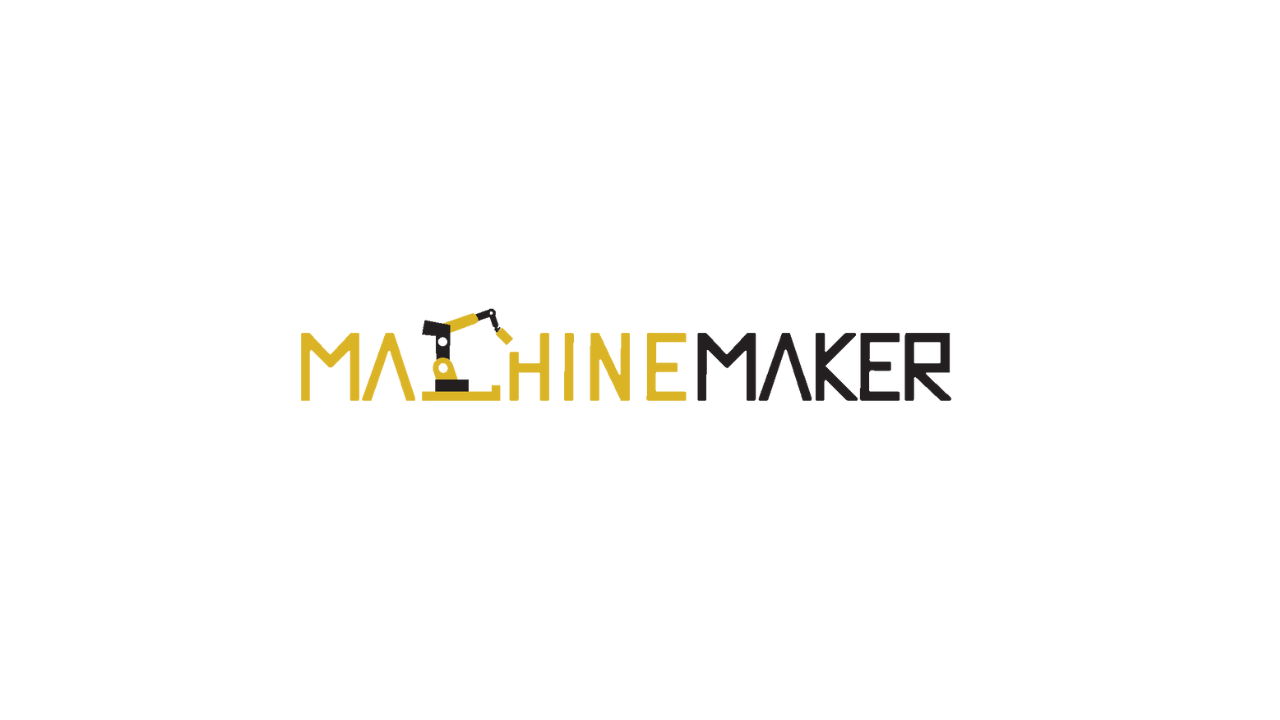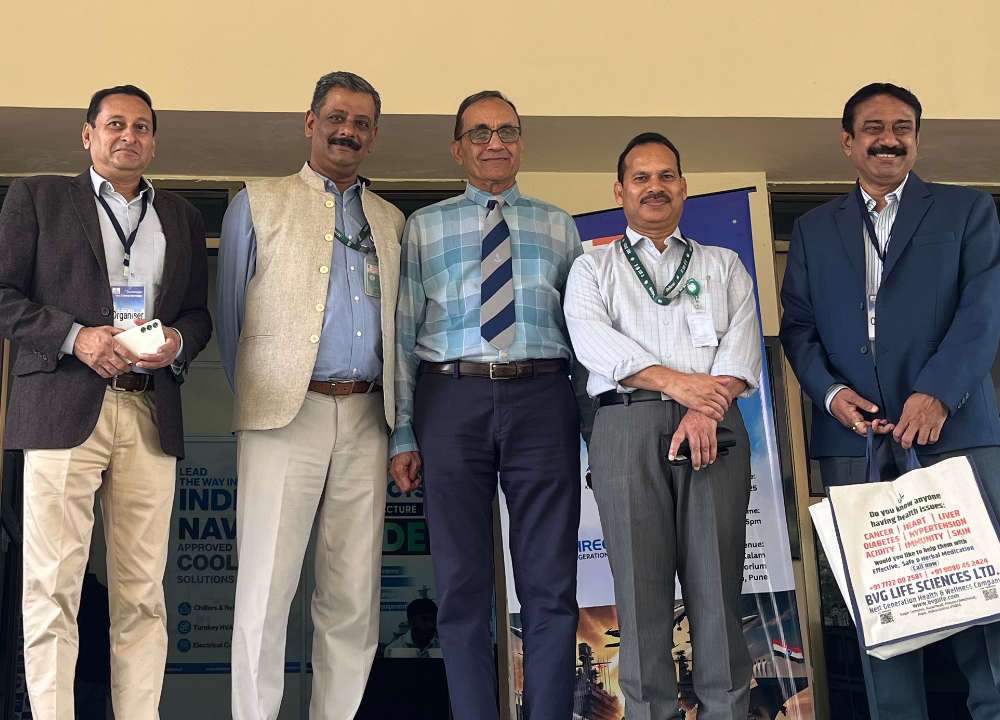PMI, the Project Management Institute, in its 15th annual Pulse of the Profession® report titled “The Future of Project Work: Moving Past Office-Centric Models,” explored the impact of work location on project performance.
PMI stands as the foremost authority in the field of project management, dedicated to propelling the profession forward to enhance project outcomes. PMI’s commitment lies in empowering professionals to excel in project management through their expansive global community, sharing knowledge, and offering top-tier certifications. This drive for excellence fuels positive transformations in both organizations and communities.
Since their inception in 1969, they have steadfastly championed the profession by providing opportunities for lifelong learning and fostering connections to refine essential skills. Today, PMI equips professionals at every career stage with internationally recognized standards, e-learning options, innovative ideas, engaging events, and practical tools necessary for success. With over 300 chapters spanning the globe, PMI members have access to networking, mentorship, career advancement prospects, and collaborative learning experiences, all geared towards making a more significant impact.
The survey, which gathered responses from 2,246 project professionals and 342 senior leaders worldwide, presents compelling evidence that organizations can offer work location flexibility, agility, and empowerment without compromising project execution and performance. With the world of work undergoing significant transformation due to COVID-19, the debate over the most effective work arrangement has intensified.
Despite numerous studies suggesting that remote work has more drawbacks than benefits, the data from this report indicates that organizations transitioning employees back to the office may not experience a substantial improvement in project performance. This shift could potentially lead to decreased employee morale and retention, as well as increased operational costs. Interestingly, 44% of Indian organizations surveyed reported adopting a hybrid work environment, while 10% stated that their organization had fully transitioned to remote work.
This highlights a notable shift in the perception of remote work. Instead, companies should prioritize fostering flexibility that enhances team collaboration, innovation, agility, and efficiency. They can achieve this without fearing negative impacts on project performance. For many teams, an effective approach is a hybrid management style that combines agile and predictive tools and methods. Organizations must cultivate an atmosphere of continual learning and support to enable this.
Pierre Le Manh, President & Chief Executive Officer of PMI, emphasized, “This report highlights the importance of organizations reassessing their work location policies and optimizing their operations, as well as focusing on developing essential skills within project teams to improve their adaptability.” He added, “Empowering project professionals and teams to independently determine and implement the most suitable work methods—regardless of their physical location—sets them up for greater success in navigating uncertainties, evolving business landscapes, emerging challenges, and project requirements.”
The study revealed that supportive programs, known as enablers, have a significant impact on project performance, surpassing the influence of work location. In today’s fast-paced business landscape, these enablers are essential for teams to adapt and thrive. The most common enablers provided by organizations include coaching, training on new methodologies, and communities for sharing knowledge. Companies offering three or more enablers reported notably higher project performance.
Conversely, those lacking enablers were more likely to encounter scope creep issues and suffer budget overruns. In India, 54% of organizations promote changes in work practices through coaching and mentoring, while 58% do so through training, exceeding global averages of 48% and 47%, respectively. Additionally, 45% of Indian organizations facilitate changes through knowledge-sharing communities, underscoring a proactive approach to enhancing performance.
The research findings highlight a notable trend in the adoption of hybrid management frameworks, which have seen a significant surge across various industries and project types. Since 2020, there has been a substantial 57.5% increase in survey respondents reporting the use of hybrid approaches. Looking ahead, a majority of respondents, 76% for agile and 73% for hybrid approaches, anticipate a further rise in their organization’s utilization of these methods over the next five years.
In India, an even higher percentage, 87% of organizations, foresee a surge in hybrid project management approaches over the next half-decade, surpassing the global average. This increasing preference underscores organizations’ recognition of the benefits derived from blending different approaches and integrating practices, tools, and techniques to enhance project outcomes. Furthermore, as project performance remains consistent regardless of the chosen approach, it emphasizes the importance for organizations to diversify their skill development offerings for individuals and teams.








